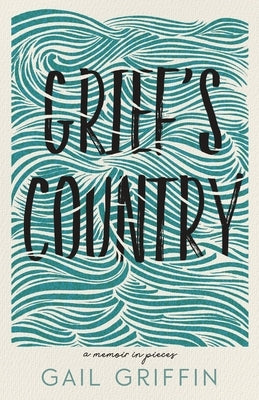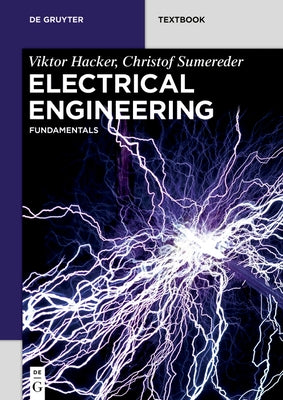How does the government or a business plan for an unimaginable disaster-a meltdown at a nuclear power plant, a gigantic oil spill, or a nuclear attack? Lee Clarke examines actual attempts to "prepare" for these catastrophes and finds that the policies adopted by corporations and government agencies are fundamentally rhetorical: the plans have no chance to succeed, yet they serve both the organizations and the public as symbols of control, order, and stability. These "fantasy documents" attempt to inspire confidence in organizations, but for Clarke they are disturbing persuasions, soothing our perception that we ultimately cannot control our own technological advances.
For example, Clarke studies corporations' plans for cleaning up oil spills in Prince William Sound prior to the
Exxon Valdez debacle, and he finds that the accepted strategies were not just unrealistic but completely untenable. Although different organizations were required to have a cleanup plan for huge spills in the sound, a really massive spill was unprecedented, and the accepted policy was little more than a patchwork of guesses based on (mostly unsuccessful) cleanups after smaller accidents.
While we are increasingly skeptical of big organizations, we still have no choice but to depend on them for protection from large-scale disasters. We expect their specialists to tell the truth, and yet, as Clarke points out, reassuring rhetoric (under the guise of expert prediction) may have no basis in fact or truth because no such basis is attainable.
In uncovering the dangers of planning when implementation is a fantasy, Clarke concludes that society would be safer, smarter, and fairer if organizations could admit their limitations.
About the AuthorLee Clarke is a sociologist at Rutgers University. He is the author of
Acceptable Risk? Making Decisions in a Toxic Environment and coauthor of
Organizations, Uncertainties, and Risk.




















































